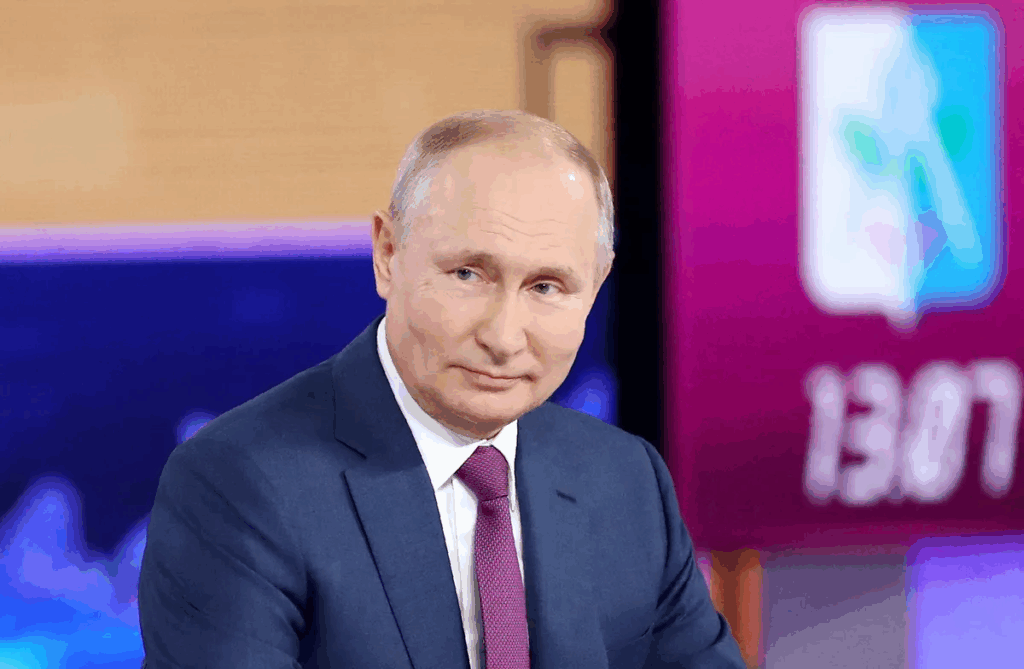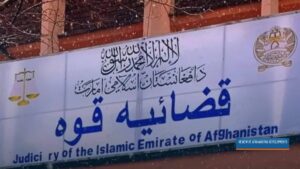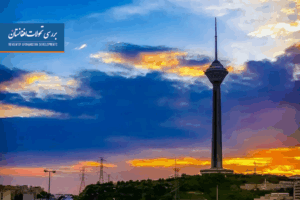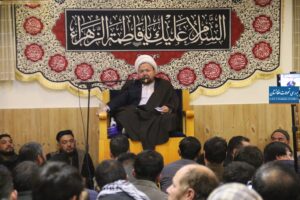Review of Afghanistan developments
The Taliban, during its initial administration, publicly endorsed Chechen separatists, transforming Afghanistan into a sanctuary for factions antagonistic to Russian interests. Consequently, Moscow implemented a strategy of backing the adversaries of the Taliban and designated the group as a terrorist organization.
Recently, after months of deliberation regarding the request from the Prosecutor General of the country, the Supreme Court of Russia has decided to suspend the prohibition on the activities of the Taliban group, which has been classified as a “terrorist” organization since 2003. The Supreme Court’s ruling has resulted in the removal of the previous ban on the Taliban’s activities, which had placed the group on the federal list of terrorist organizations.
Russia’s Motives for Engaging with the Taliban
Russia’s initial involvement with and backing of the Taliban can be traced to the group’s resurgence following the US-led NATO occupation of Afghanistan, which began to wane after 2005. The rationale behind this shift in Russian foreign policy is evident. A fundamental principle of realist foreign policy asserts that “the enemy of my enemy is my friend.”
Over the course of two decades marked by developments in Afghanistan and the presence of Western forces, the Taliban gradually assumed a significant role. Today, both regional and global countries recognize the Taliban as the sole entity exerting control over the ongoing developments in Afghanistan.
Vladimir Putin expressed this viewpoint during the Shanghai Cooperation Organization summit held in Kazakhstan in July 2024, asserting that “it must be accepted that the Taliban hold power in Afghanistan.” This indicates that, from Moscow’s perspective, political entities without actual influence on the ground in Afghanistan are not considered viable participants in Russia’s political considerations and interactions.
Conversely, in spite of the ongoing military conflict with Ukraine, Russia has demonstrated notable success in the realm of soft power. Moscow’s engagement with the Taliban illustrates that it has consistently maintained an advantage over the United States. The United States has rescinded the $10 million bounty for the apprehension of Sirajuddin Haqqani, a prominent figure within the Taliban. In a more significant move, Russia has entirely delisted the Taliban from its roster of prohibited terrorist organizations. Amidst its conflict in Ukraine, Moscow has demonstrated to the United States and Western nations that it maintains comprehensive influence over the situation in Afghanistan and is actively engaged in it.
Moscow is strategically focused on ensuring that Afghanistan does not revert to being a battleground for the United States and the West. This represents Russia’s fundamental expectation from its interactions with the Taliban.
Tangible results of the Taliban’s removal from Russia’s banned list
Moscow’s involvement with the Taliban can be traced to the conflict between the Taliban and the United States. Following the 2014 handover of authority from US and NATO troops to Afghan security forces, as well as the initiation of peace negotiations in Qatar, Russia took steps to organize discussions between the Taliban and the Afghan government. In 2017, Russia launched the “Moscow Format” to promote the national reconciliation process in Afghanistan, which remains a significant regional forum to this day.
In November 2024, Sergei Shoigu, the Secretary of the Russian National Security Council, led a prominent delegation to Kabul, while Moscow has also welcomed senior officials from the Taliban government on multiple occasions.
The evidence demonstrates that, even while the Taliban was designated as a terrorist group and banned by Russia, the volume of interactions between Moscow and the Taliban was notably high.
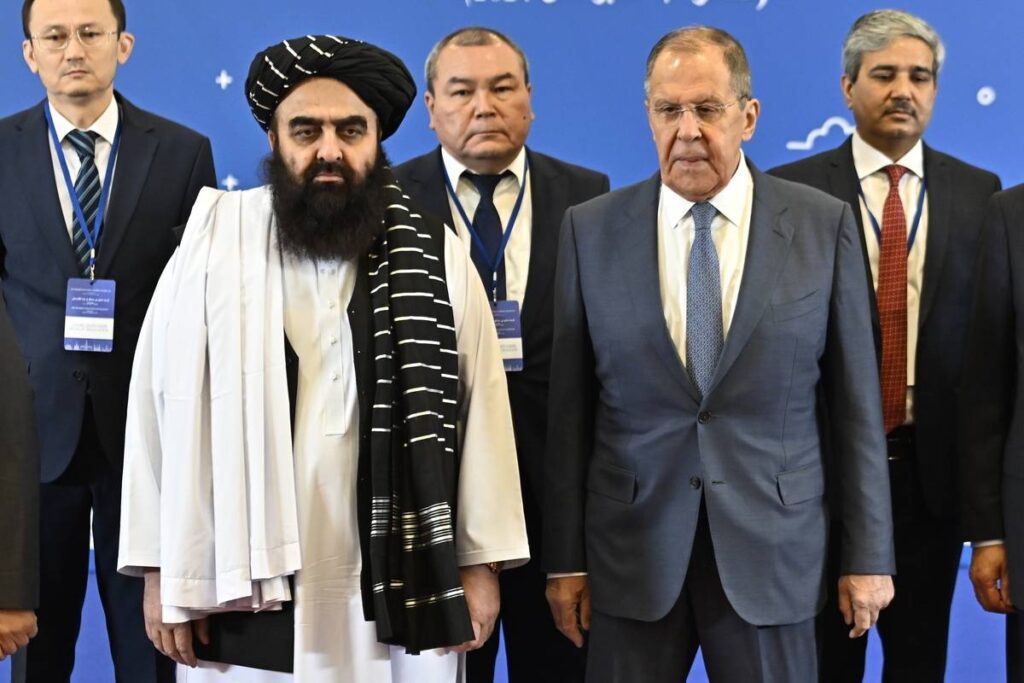
The decision to remove the Taliban from Russia’s list of terrorist and prohibited organizations appears to be a significant move by Moscow in advancing the strategic plan established for Afghanistan, which is likely to yield substantial political and economic implications for the Taliban.
Although the Taliban government has yet to receive recognition from any nation, Russia’s decision to remove the Taliban from its list of terrorist and prohibited organizations is a necessary condition for such recognition. Although this change is unlikely to take place soon, it represents a forward-thinking action by Russia, which aims to be among the first to recognize the Taliban government when the opportunity arises, thereby strengthening its influence in Afghanistan.
Economically, Moscow is likely to pursue regional transit projects designed to expand its influence in the region. This includes the Trans-Afghan Railway, part of the North-South Corridor, along with energy transit initiatives that transport oil, gas, and electricity from Eurasia to South Asia via Afghanistan.
Additionally, with the Taliban no longer classified as a banned group by Russia, Russian companies will have the opportunity to engage in diverse activities and investments in Afghanistan. It is expected that airlines from both countries will begin operating flights between Kabul and Moscow to facilitate better communication.
The trajectory pursued by Moscow is projected to foster improved relations between Central Asian states and the Taliban government, thereby accelerating the pace of this development.
Conclusion
Reviewing the Kremlin’s stance towards the Taliban over the last two decades demonstrates that Moscow has consistently aimed to foster relations with the group. Significant events, including the Ukraine war, have not derailed this initiative. Russia regards Afghanistan as a vital part of its influence in Eurasia and seems to have concluded that the Taliban could play a role in enhancing Moscow’s strategic goals in the region.
As a result, the Taliban’s removal from Russia’s terrorist group list signifies an important step forward in the engagement process with them. It is expected that this action will encourage both governmental and private sector entities in Russia to embark on significant regional projects in Afghanistan, in accordance with its Eurasian policy framework.
One of Moscow’s objectives in its engagement with the Taliban is to address its security concerns regarding terrorist organizations, particularly ISIS Khorasan, the Islamic Movement of Uzbekistan, and Ansarullah Tajikistan and etc. These groups exploit northern Afghanistan as a battleground for the strategic maneuvers of Russia’s adversaries, reminiscent of the “Great Game.”


